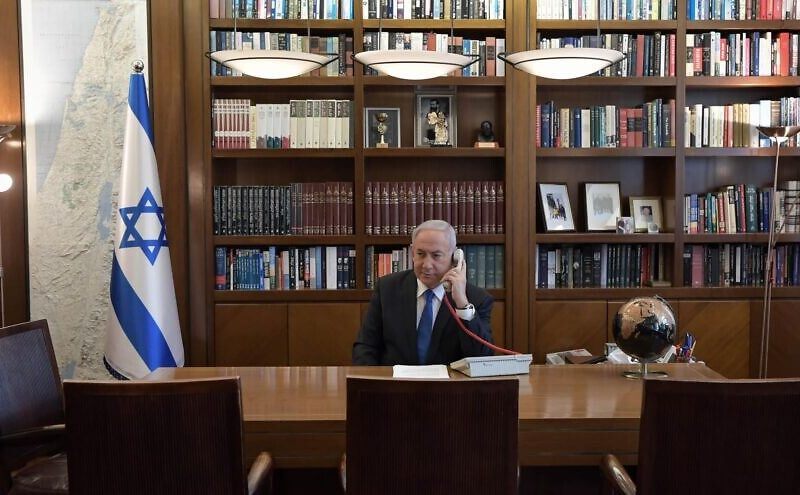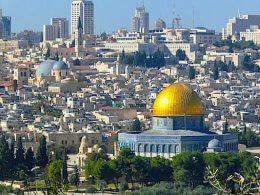Israel Prime Minister Benjamin Netanyahu has finally received a formal invitation to visit the United Arab Emirates, marking a significant development after months of delays in securing his first official trip to the Gulf country. Netanyahu has been invited to attend the COP28 climate summit in Dubai in November. The invitation to the prime minister was announced by UAE Ambassador to Israel, Mohamed Al Khaja.
Shortly after commencing his most recent term as prime minister, his office announced a trip to Abu Dhabi. However, the visit was canceled by the UAE due to objections over National Security Minister Itamar Ben Gvir's controversial visit to the Temple Mount.
Earlier this year, an Arab diplomat informed The Times of Israel that the UAE's decision to postpone Netanyahu's visit was also influenced by concerns that he would use the trip as a platform to publicly criticize Iran. The U.A.E. has been working to balance its relationship with Jerusalem and Tehran.
During his tenure as prime minister, Netanyahu made several non-public visits to the UAE prior to the signing of the Abraham Accords in 2020.
Related Story: Israel PM Raises Breakthrough with Saudi Arabia in Meeting with U.S.









